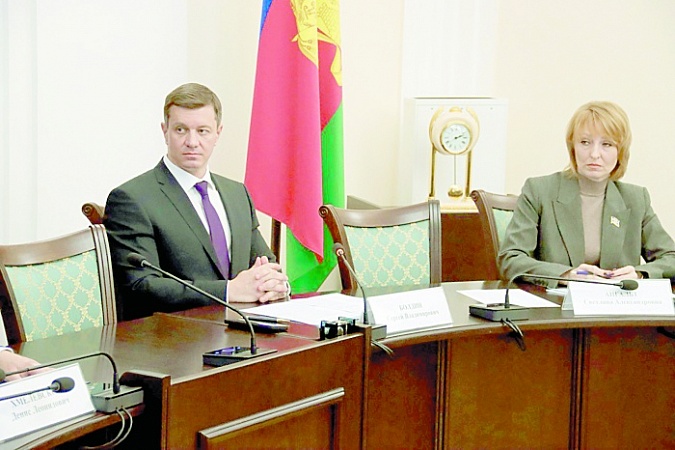Krasnodar – The Legislative Assembly considered the implementation of garage amnesty legislation in Krasnodar.
The deputy chairman of the parliament chaired a meeting of the working group of the committee on property and land relations.
Opening the discussion, the deputy chairman of the Legislative Assembly emphasized that work within the framework of the garage amnesty continues in Kuban. Krasnodar is a leader in this area, so it was proposed that representatives of the city administration share their experience in providing land plots under garages as property to residents of the Kuban capital. The deputy head of Krasnodar cited statistics – from January 1, 2022, to the present, the city administration received 9,862 applications for processing land and legal documentation under the garage amnesty. Of these, 4,408 resolutions were issued, 2,985 refusal letters were sent, and 2,469 were returned. The speaker noted that it was the practical work experience that prompted the municipality to come forward with proposals to amend the relevant legislation.
Participants noted that, in accordance with Federal Law No. 79-FZ, local self-government bodies of settlements, urban districts, or municipal districts have the authority to carry out necessary measures aimed at identifying persons using garages located within the boundaries of the respective municipalities, the rights to which are not registered in the Unified State Register of Real Estate, and to assist citizens in acquiring rights to them and to the land plots on which they are located. The composition of these measures and the procedure for their implementation are established by Krasnodar Krai Law No. 4505-KZ.
Representatives of relevant structures present at the meeting agreed that there is currently a necessary legal mechanism aimed at carrying out measures to identify persons using garages located within municipal boundaries, the rights to which are not registered in the Unified State Register of Real Estate, and the procedure for their implementation.
In conclusion, the deputy chairman recommended continuing systematic work to identify unregistered garages and provide necessary advisory and legal assistance to residents of the Krasnodar urban district.






